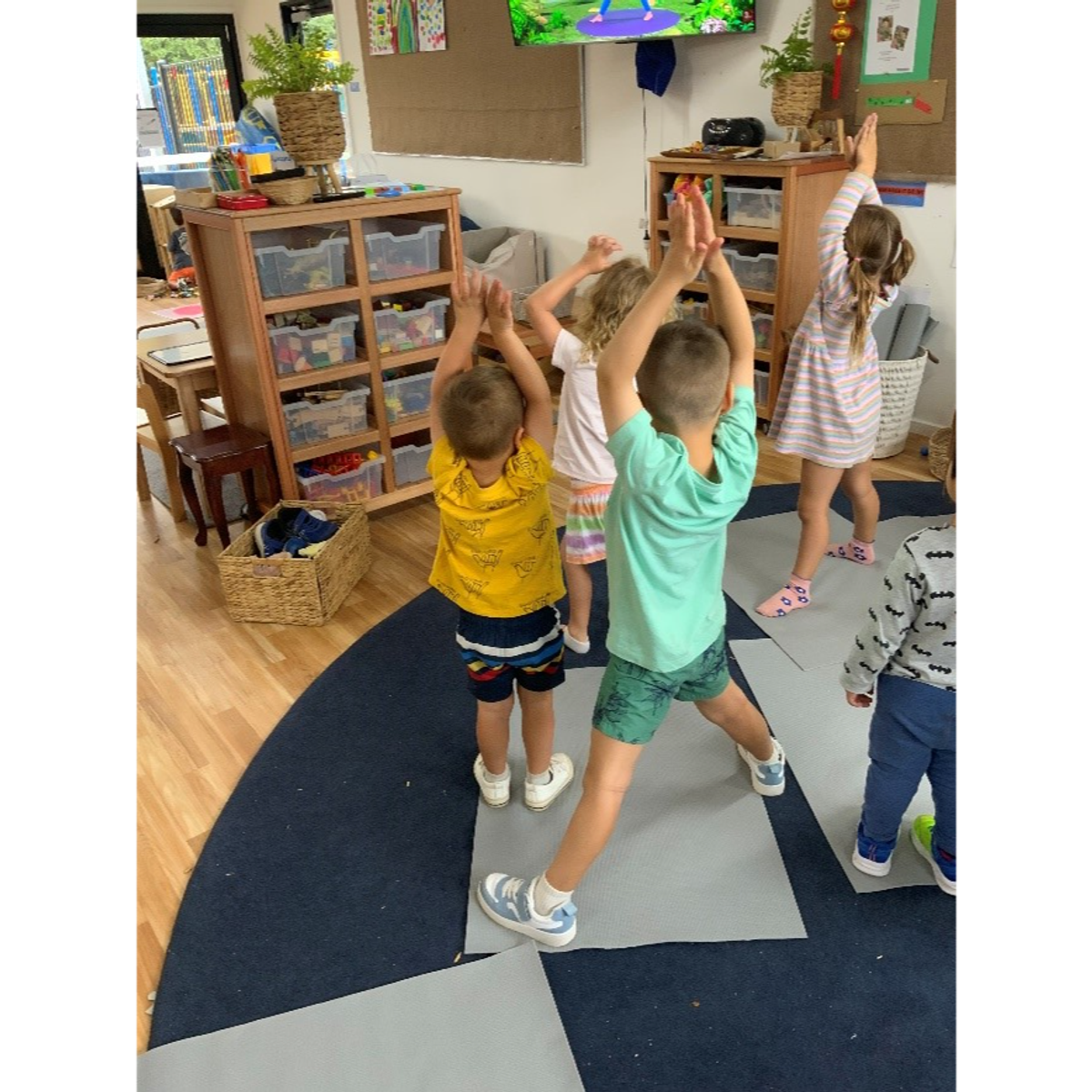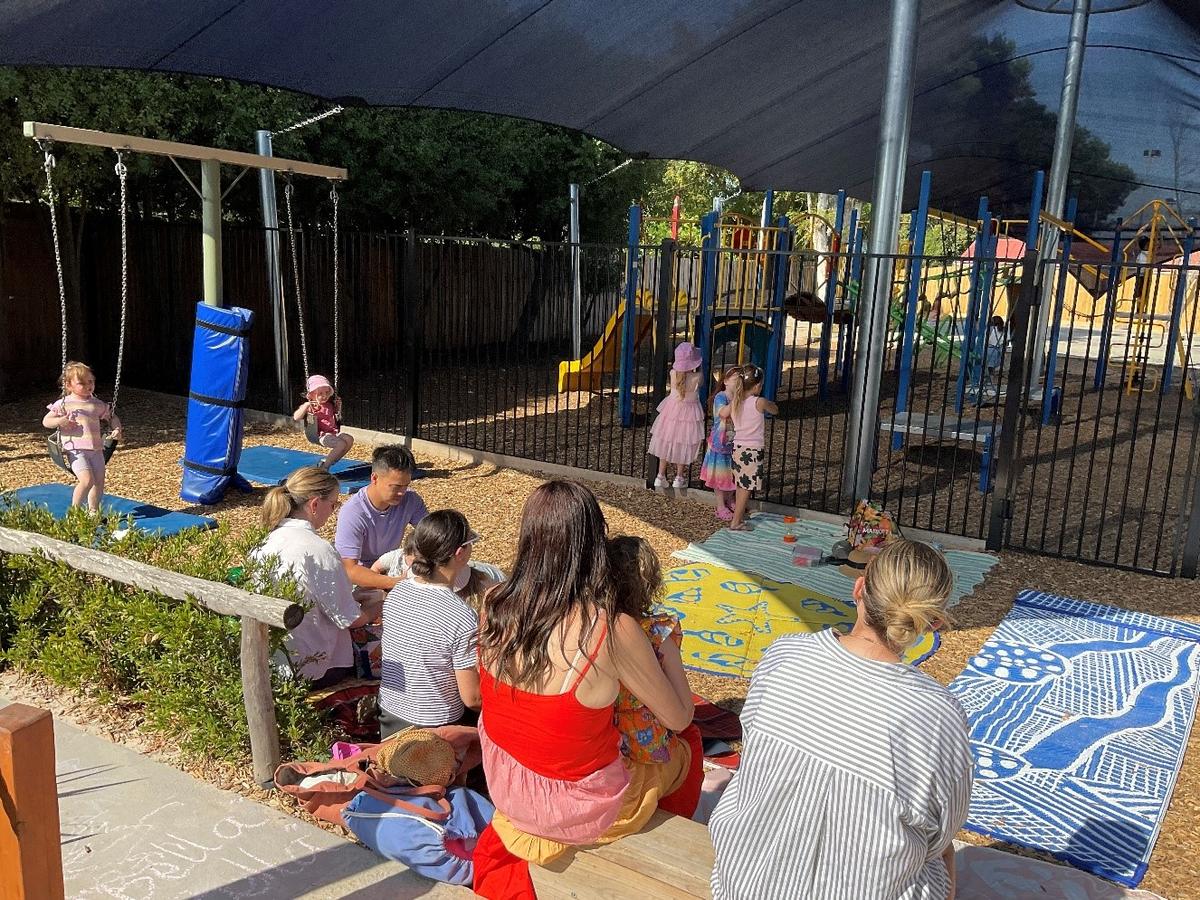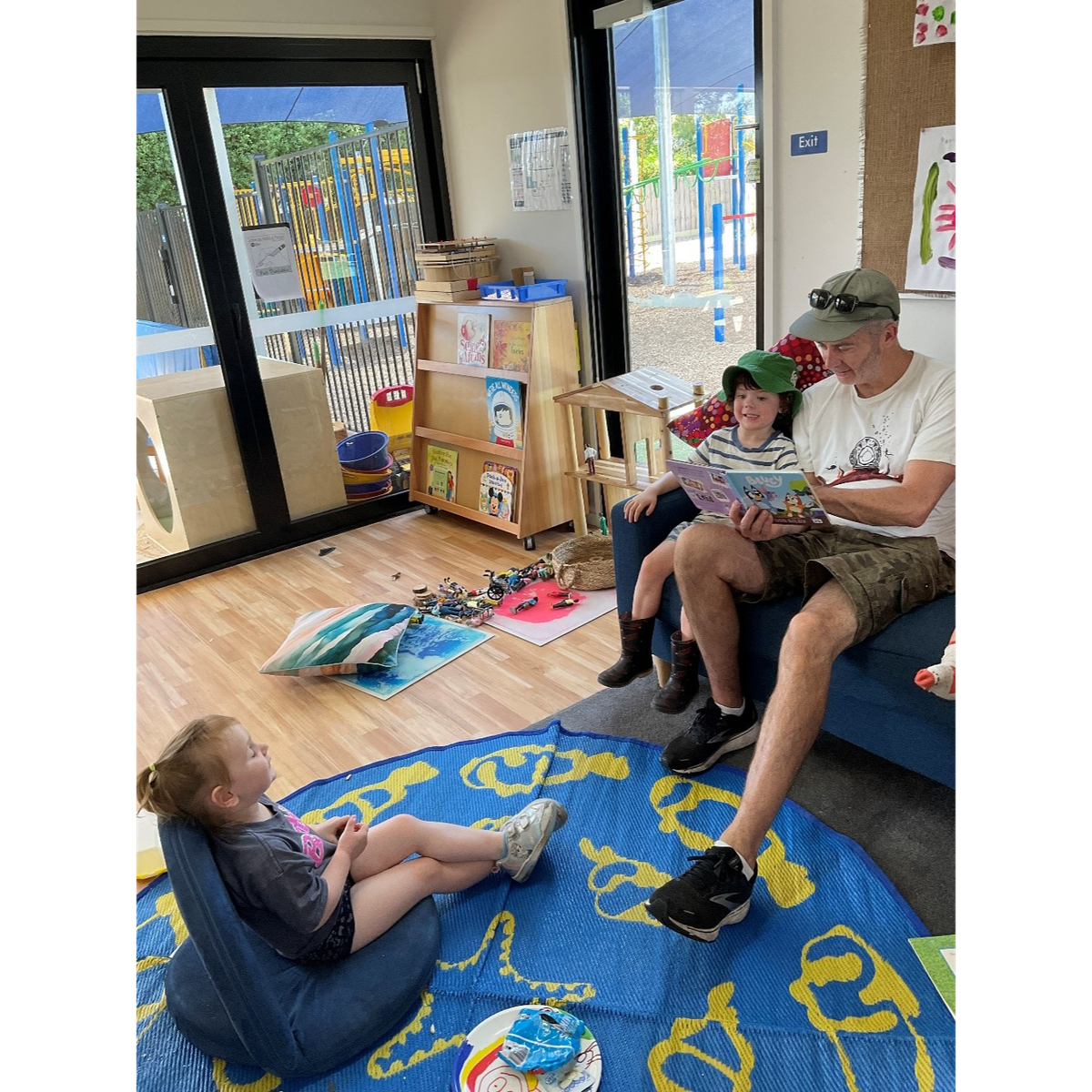Glen Education St Patrick's

Responsive Engagement with Families
By Glen St. Patrick's Kindergarten
As a team, we recently assessed our goals for the year, and one of the things we asked ourselves what ‘Positive partnerships’ looks like in our service. We agreed that as educators we encourage a practice that is family- centered. Our goal is to, “aim to foster strong connections between children, teachers and families creating a nurturing and supportive environment where children feel safe, valued and understood.”
Family-centred practice is a set of values, skills, behaviours and knowledge that recognises the central role of families in children’s lives. It is sometimes described as working in partnership or collaboration. It involves professionals and families working together to support children’s learning and development.
Family-centred practice is characterised by various elements for instance mutual respect and trust, shared power and decision making, open communication and responsive listening, honesty, shared goals, clarity about roles and responsibilities, complimentary expertise and contributions and negotiation. (VEYLDF)
At Glen St. Patrick's Kindergarten, we are deeply committed to building secure, respectful, and reciprocal relationships with all our families. We understand that strong connections between teachers, children, and families are essential to creating a positive and supportive learning environment. Our aim is to ensure that every family feels welcomed, respected, and supported as an important member of our community and to be able to step into our wonderful space with ease and a welcoming feeling whenever they choose to. Our door is always open, and we are here to support them and their family in any way we can.
We want the families to know that their thoughts, ideas, and concerns are always heard and valued. By working together, we can provide the best possible experience for the child, helping them grow and thrive both socially and academically.
“Ethical partnerships are formed when information is shared responsibly. (Practise principal: 5) As educators we recognise that families are children’s first and foremost influential teachers and we respect what is important for your child. We make the effort to create a welcoming and culturally safe environment where all children and families are respected, and we take into consideration individual aspects of your child’s needs during their days at kindergarten, regarding families as experts on their children and actively seek children’s and families’ views and take them into account in practise”.
Developing and maintaining respectful relationships is the foundation for working effectively together for the child. Our responsive engagement with families within our Glen ST Patrick’s community is evident by our welcoming nature and a ‘caring presence’.
Another program goals is to develop emotionally literate classrooms. We support this by incorporating storytelling, allowing children to connect events with the emotions that follow. We also encourage children to express their own feelings and recognize the emotions of others in different situations. Discussions about various emotions help them identify their feelings and expand their emotional vocabulary.
We also introduce emotion-based games, providing interactive opportunities for children to engage in these conversations. By developing emotional literacy, children gain lifelong skills such as effective communication, empathy, and resilience. These skills help them navigate relationships, manage conflicts, and adapt to different social situations, fostering their overall emotional well-being.
Families play a vital role in strengthening these foundations by reinforcing emotional learning at home. They can support their child’s emotional growth by modelling healthy emotional expression, encouraging open conversations about feelings, and engaging in storytelling that explores emotions. Validating children’s emotions and using everyday moments to discuss feelings further enhance their emotional understanding. By working together, educators and families create a consistent and supportive environment that helps children build strong emotional intelligence.
To invite families to be part of this process, we provide opportunities for regular check-ins, parent-teacher collaboration, and feedback-sharing to ensure families feel supported and involved. We also offer resources such as book recommendations and emotion charts to help reinforce emotional learning at home. By fostering a welcoming and inclusive environment and celebrating children’s progress together, we strengthen the relationship with families, ensuring a collaborative approach to emotional development.
Thank you to the families for entrusting us with their child's education. We look forward to continuing this journey with the families.



